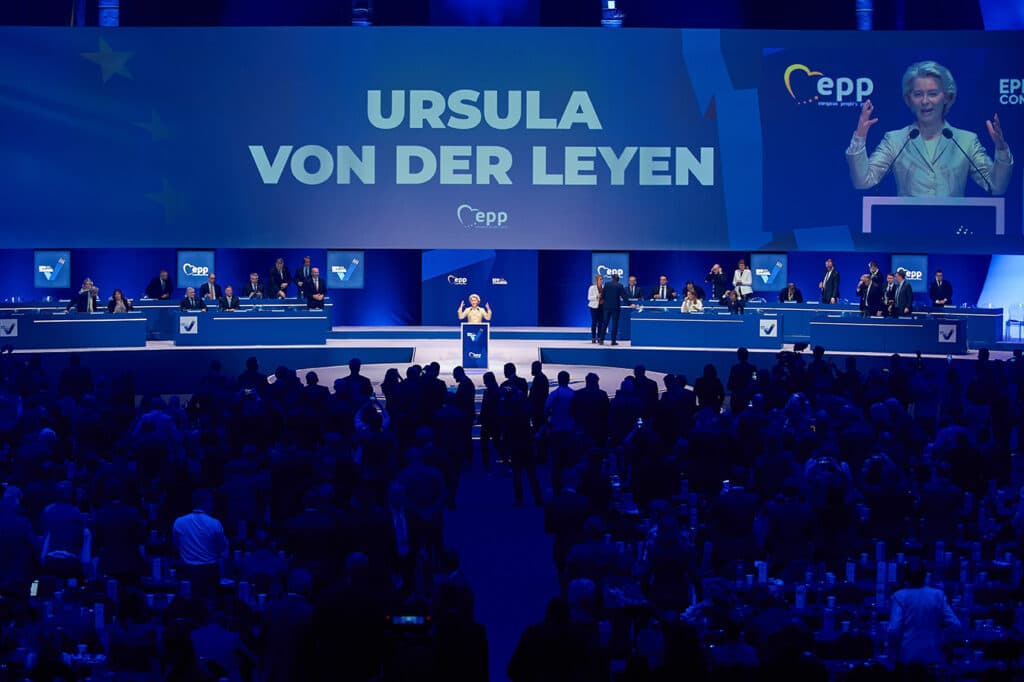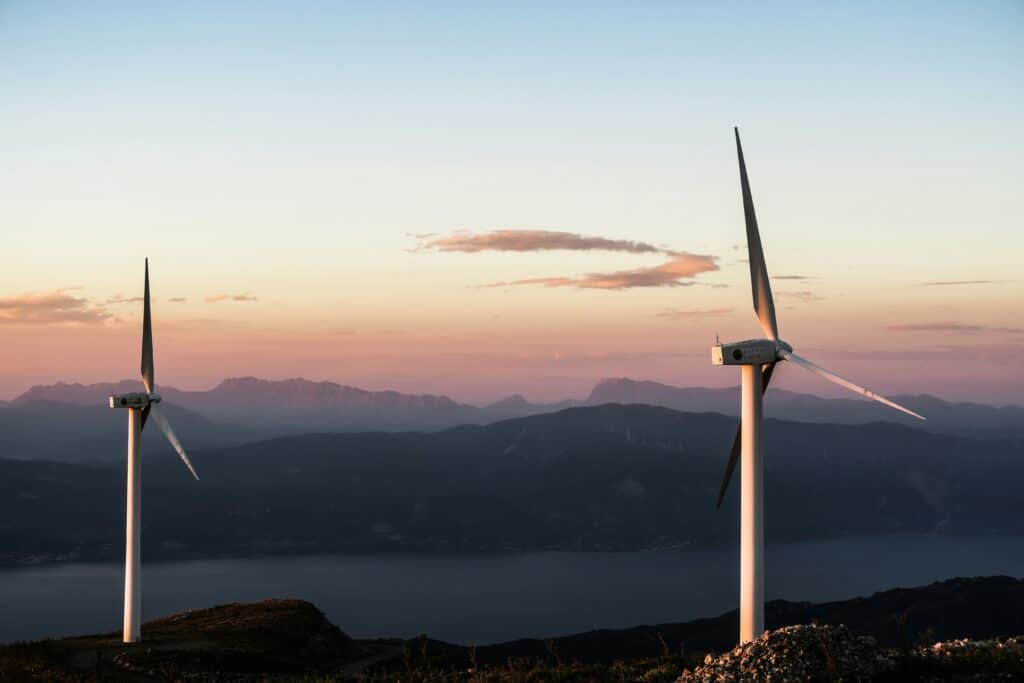Another step towards EU Climate neutrality
Highlights from the event: Navigating the path towards climate neutrality
The latest edition of the #FSRDebates organised by Alberto Pototschnig and Ilaria Conti welcomed Lena Kitzing, FSR Part-time Professor and member of the European Scientific Advisory Board on Climate Change (ESABCC), to present the recent ESABCC report ‘Towards EU climate neutrality: progress, policy gaps and opportunities’.
To regularly assess the progress towards the EU’s 2050 climate neutrality target, the European Climate Law of 2021 established the ESABCC which provides scientific advice to the EU. In its report published in January 2024, the ESABCC takes stock of the progress and evaluates the consistency of EU climate action with its overarching objectives.
The report was welcomed by all participants as it comes in the midst of several important political processes: the ongoing finalisation and implementation of the Fit-for-55 package to achieve the 2030 climate target of a 55% reduction in emissions compared to 1990 levels, the European elections, and the debate on the next targets for 2040 on the road to climate neutrality by 2050.
Lena Kitzing highlighted the main findings of the report and pointed out that the projections for CO2 emission reductions based on the measures implemented and planned by the Member States are currently not sufficient to achieve the required reduction targets by 2040. After a brief overview of the methodology used in the report to identify progress, gaps and inconsistency in the EU’s climate action and the main results, she focused on the recommendations to decarbonise the energy supply.
DG Climate Action representative Stefano Santacroce confirmed that the pace of emissions reduction will have to almost triple in order to stay on the path to climate neutrality, even though much has been achieved in the last five years. Santacroce also noted that many of the adopted legislative proposals under the Fit-for-55 package will only materialize in terms of emissions reduction in the coming years.
The successful implementation of all the pending legislative files is a key policy recommendation put forward by the report and was emphasised by all speakers. Sven Harmeling, Head of Climate at the Climate Action Network (CAN) Europe, stressed that negative trends could be observed in some Member States and that national implementation measures should be better monitored via the National Energy and Climate Plans (NECPs).
The report also highlights the particular challenges in the various sectors. According to the ESABCC, the energy sector has successfully reduced its emissions and is relatively well on the way to climate neutrality. A major challenge remains the electrification rate, which has stagnated since 2005 and must at least double by 2040. In addition, the installed capacity of solar and wind energy must be drastically increased in the coming years. Eurelectric representative, Paul Wilczek, pointed out that the projections in the power sector rely heavily on carbon capture and storage (CCS). However, the actual role that CCS, but also hydrogen, heat pumps or nuclear energy can play in this sector still needs to be clarified.
According to the analyses, the transport and building sectors in particular need to step up their efforts to reduce emissions, while the agricultural sector still lacks consistent incentives to reduce or avoid emissions. Albert Ferrari, Research Associate at FSR Climate, noted that implementing more ambitious targets in these sectors is particularly challenging as they affect households more directly. Recent research shows that complementary measures to increase the acceptability of climate policies will be crucial to achieving climate neutrality.
Finally, the audience was asked to participate in a poll ranking the policy recommendations and different levers to reduce emissions. Most participants agreed that EU policies generally need to be better aligned with the 2050 climate neutrality target. To reach the more immediate 2030 targets the full implementation of the Fit-for-55 package and the pending files of the European Green Deal as well as a phase out of fossil fuel subsidies was most pressing for the audience. Furthermore, to reduce the emissions from energy supply participants prioritized a clear fossil fuel phase-out, while considering the role of carbon capture utilisation and storage (CCUS) less important. Finally, most participants saw an urgent need to tackle cross-cutting measures for a ‘whole society approach’, including a just transition, wellbeing and behavioural changes.







